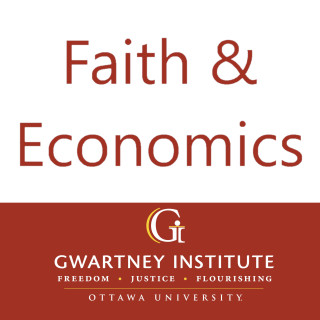

The Department of Government Efficiency (DOGE) may recommend we get rid of the penny. It costs about 3 pennies to make one penny. That appears to be a big waste of taxpayer money, but is there an argument that it is worth it? Dr. McCullough say ditch it and Dr. Jacobsen says don’t! Both learn through the discussion a few things they did not consider before. What’s the difference between stopping production of the penny, and taking away its ‘legal tender’ status. Tune into this episode to decide for yourself if the country is better off or worse without the penny.